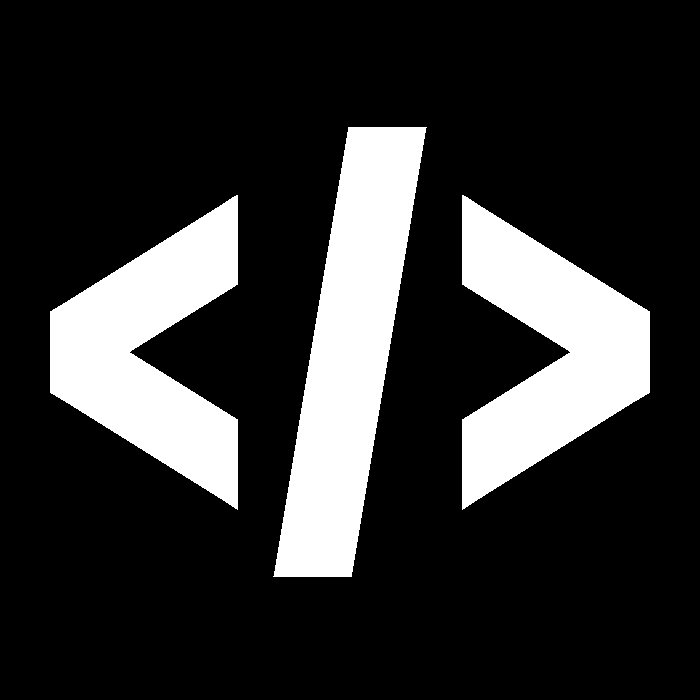I dusted off my RPI4 and started tinkering with self-hosting things and it’s sparked a fire. Suddenly I have 7 docker containers running and I need more RAM, more space and I want something reliable with room to grow. I like small form factors but it doesn’t need to be RPI small. Any recs for your favorite hardware under $500?
I have a couple of Intel NUCs and they are great, one is the first generation NUC with the Celeron and runs Home Assistant without problems.
At the moment I am eyeing the new N100 CPUs they are pretty powerful compared to the previous generation. Asrock and Asus are bringing out motherboards with the CPU soldered and they are also fanless. The Asrock is nicer because you don’t need a real PSU for it and it has an extra SATA port. They are not yet available.
https://www.asrock.com/mb/Intel/N100DC-ITX/index.asp
https://www.asus.com/motherboards-components/motherboards/prime/prime-n100i-d-d4/
Planning on making an unRaid miniPC
+1 for a NUC. There’s plenty of second hand ones on Ebay which can be had at around $100. The nice thing is that they have ultra low voltage CPUs so the power bill is not a concern with running 24/7.
Intel NUC. Myself I prefer Proxmox as the first layer (so I can do stuff remotelly), and Alpine Linux VM as a second layer.
This been rock stable for me for the past 1 year or so.
What specs is yours if you don’t mind me asking? I have a 10th hosting Proxmox and 11th hosting ESXi, but both at 32GB. Wondering if I should take the plunge and just upgrade them both max out at 64GB.
My specs:
- NUC10i7FNK
- Intel® Core™ i7-10710U Processor (12M Cache, up to 4.70 GHz)
- 512GB NVME SSD, I think it’s Samsung 970 pro
- 32GB of RAM, I think it’s DDR4-2666 (fastest supported)
I can’t comment on your “Wondering if I should take the plunge” as it highly depends on use-case. At home I am not very into HA as it gets ridiculously expensive (and I am not making money out of my services, such as Jellyfin, Homeassistant, adblocking DNS and so on).
Exact same setup as you except a larger NVME. Makes sense, no need to sink excessive cash into it. :)
This is pretty much exactly what I do. I’m partial to Debian though.
deleted by creator
Or HP/Dell units second hand. Tons of companies ditch those computers after two o three years and they’re still perfectly good for self hosting with Linux. We can also find really good deals on Intel 9th gen machines for around 35% of the price of all those you suggested brand new.
Other than a very old laptop that acts as a DC, and my NAS, I have five Lenovo M920 (i5, 64 gigs of ram, 256 gigs SSD, and 512 gigs M2) in a XCP-NG cluster.
I’d recommend taking a look at used small form factor PCs on eBay. I’ve been using one for a couple years now that came with an i7-8700 16GB of ram and an nvme SSD for about $300. Running 30+ docker containers without any issues (most are lightweight to be fair)
The only drawback to small form factor is that you have limited expansion opportunity with the unit itself. In my case I use an external NAS for storage of larger files.
ServeTheHome has a bunch of videos on YouTube about these small form factor computers.
That’s why instead of getting a more higher spec mini PC I went with 3 cheaper ones to start a highly available cluster. More reliable, and room for expansion! Somewhat a pain to setup though.
In my case I use an external NAS for storage of larger files.
What’s the advantage of using a NAS system?
I’m considering options for adding more storage right now and I’m not sure if I should just chuck some more drives in my linux server, or move up to NAS. The main downside of adding more drives is that I’m spending money without getting any more reliability (it’s just some drives and a SAMBA share, no RAID, and only ‘sometimes I remember to move important files to S3’ for backup. Conversely, with a NAS I’m spending an extra like $500 on hardware before I even add storage.
It would be nice to have some reliability, but I’ve never had NAS before, so it’s kind of an unknown for me, plus it seems like I could invest some time and add similar reliability/backup features to my existing system.
I have some (refurbished) HP mini PCs that are pretty decent, you can probably find similar things well within that range. You could also consider an off-lease/used server in that price range, but will have to do some hunting to find something you like. Also, servers can be a bit loud and power hungry (the efficiency of the compute is lower than e.g. a mini PC or a Pi, but it will have way more compute. Servers with something like dual hex core CPUs and 64+ GB of RAM are not uncommon).
I run both mini PCs and server hardware, using the server hardware mainly for storage or services that need quite high availability (auth, reverse proxy, password vault) and the mini PCs for most everything else (minecraft servers, wiki, jellyfin, etc)
HP EliteDesk 800 G3 go for about 110€ on eBay in my area so they should have similar pricing in the US. Bought three of them and upgraded each one to 32GB of RAM and 1TB of NVME storage. They’re near silent and draw very little power which is perfect for me. I’ve set them up as a Proxmox cluster to host a bunch of VMs for messing around. I wouldn’t recommend them for applications that do video encoding though. Plex for example can bring one of these machines to its knees when you’re dealing with very large 4K Blu-ray rips like I am. In that case I usually just run Plex on my desktop when I need to.
Do you have the Mini one or the regular one? Because the fan in my Mini is kinda annoying even on low speeds. Now I wonder if it’s normal or if it’s broken somehow.
One of those business Thin Clients for ~150$. They are pretty much a full fledged PC that run everything you throw at it, but tiny. The only problem with mine is that the fan is a bit loud on idle.
This is what I did, though I got hold of a Dell Wyse 5070, which is fanless. Saying that, I’m working on moving to a more powerful NUC (in an Akasa fanless case).
At the moment hardware is just expensive. I ended up with a NUC with 32gb of ram in order to future proof myself while I wait for hardware to become cheaper. Other than another stick of ram I can’t see me needing to update any time soon.
Refurbished thin clients usually work great and have great value.
I like synology NAS units with Intel chips for hosting docker containers, alongside lots of network storage. They aren’t the cheapest solution but they are robust devices and i have had basically no problems since setting mine up in 2019.
Of course you can get a used dell server blade for a lot less which will be more powerful but it doesnt meet your small form factor requirement.
I just built a Server using J5040 board. With 16gb ram (yes it works) a 500gb m.2 as system , 2x4tb ironwolf, all in the node 304 fractal case for 550 euro.
Will run proxmox as first layer.
I use a Dell Micro with Ubuntu for docker containers mounted to a wall with a Synology NAS 4 bay for storage. I used to have a small form factor with a 12bay SAS array attached but the power consumption was ridiculous.
Keeping storage and compute separately is the best practice but if you’re OK with combining both in one device then running docker-compose on a Synology (via SSH, + versions only) works just fine. An alternative that reduces the lock-in at the expense of more tinkering is buying an amd64 QNAP and installing Openmediavault / TrueNAS / plain Debian.
You can get some decent enterprise hardware for fairly cheap on places like amazon. I got a dell R710 for around $800 a couple of years back. The equipment tends to be a little scuffed up and older in terms of hardware, but they still offer plently of performance IMO. The one I have has a 6 drive RAID with 1.5TB disks, dual 6-core processors, and 128GB of ram. Only downside I would say is they tend to use quite a bit of power (around 207W from what I’ve measured).
I am still quite happy with my old Sun Fire X2270 M2 with Dual Xeon X5675. Not new, but its 12 physical cores, 88 GB RAM and 4 hotswap SATA drive bays in a 1U rack unit make it quite a decent machine for running a couple of VMs.
I also like my Dell T320 Rackable Tower server. It has room for 8 hotswap 3.5" SAS drives (or 16 2.5"), redundant power supply, and you should be able to get it for under $300. With a Xeon E5-1428L V2, mine is still quite capable and uses between 140 and 160 W (with 8 disks).
Wow, that’s a ton of computing power for the money.










